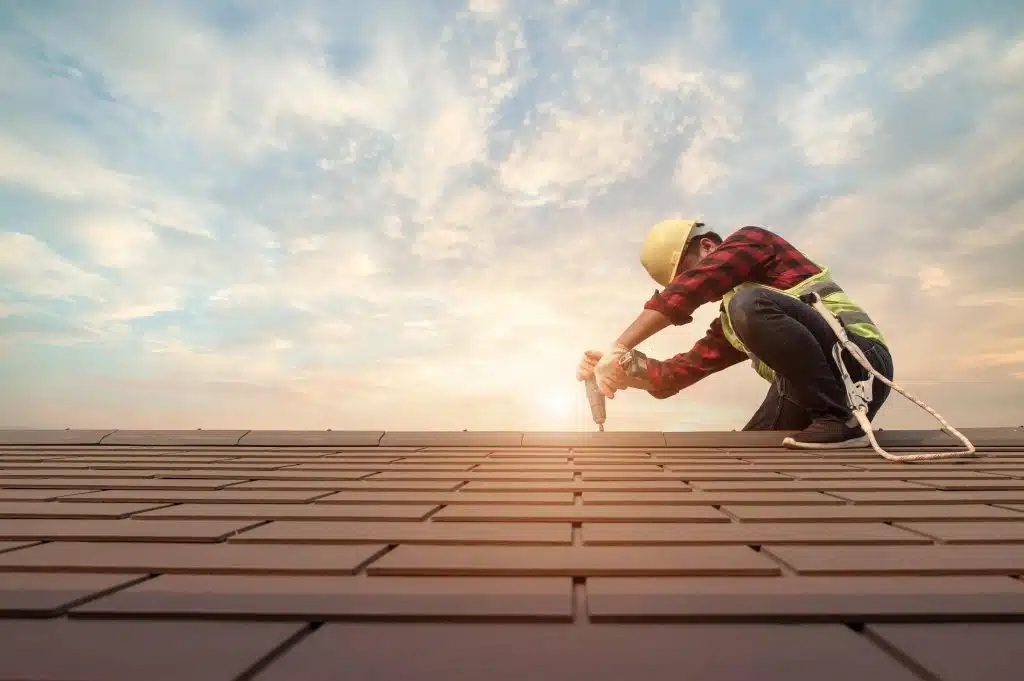In the world of property management, being a landlord brings a great deal of responsibilities. These are not just limited to ensuring a steady rental income and addressing various property woes, but also include matters of safety for your tenants, including gas safety.
Gas safety is paramount because without careful monitoring and control, faulty gas appliances may lead to carbon monoxide poisoning, gas leaks, fires, and even explosions. The Gas Safety (Installation and Use) Regulations 1998 legislation in the UK holds landlords accountable for the safety of their tenants regarding the provision and maintenance of gas appliances, fittings, and flues. It’s worth knowing what the law requires of you to comply effortlessly and ensure a safe environment for your tenants.
As a landlord, it is your legal duty to ensure that all gas appliances, pipework, and flues provided for your tenants are safe and fully operational at all times. You are obligated to arrange for an annual gas safety check and maintenance of all gas appliances in every rental property you own, ensuring all work is carried out by a Gas Safe registered engineer. Following these checks, it’s your duty to provide tenants with a copy of the Gas Safety Record (also known as CP12 Certificate) within 28 days of the check, or to new tenants before they move in.
However, it’s crucial to note that as a landlord, you’re not responsible for the safety checks of a gas appliance owned by the tenant or any flues that solely connect to those appliances. But you are still required to maintain the associated pipework. Understanding the interaction between your responsibilities and your tenants’ can be quite significant and can prevent potential future conflicts.
In instances where finding access to the property for annual checks becomes an issue, it is recommended to keep a written record of any obstructed attempts and to persistently remind tenants of their legal requirement to provide access for these checks. In worst-case scenarios, landlords may wish to seek legal advice.
In conclusion, being a landlord is far more than merely collecting rents. It calls for a good amount of responsibility and vigilance to ensure the safety of tenants. Gas safety, in particular, is critical and is legally enforceable. Aside from compliance, adhering to these regulations is ultimately about safeguarding the lives of those who reside in your property. By fully understanding and fulfilling your gas safety responsibilities, you contribute significantly to a safer environment.





